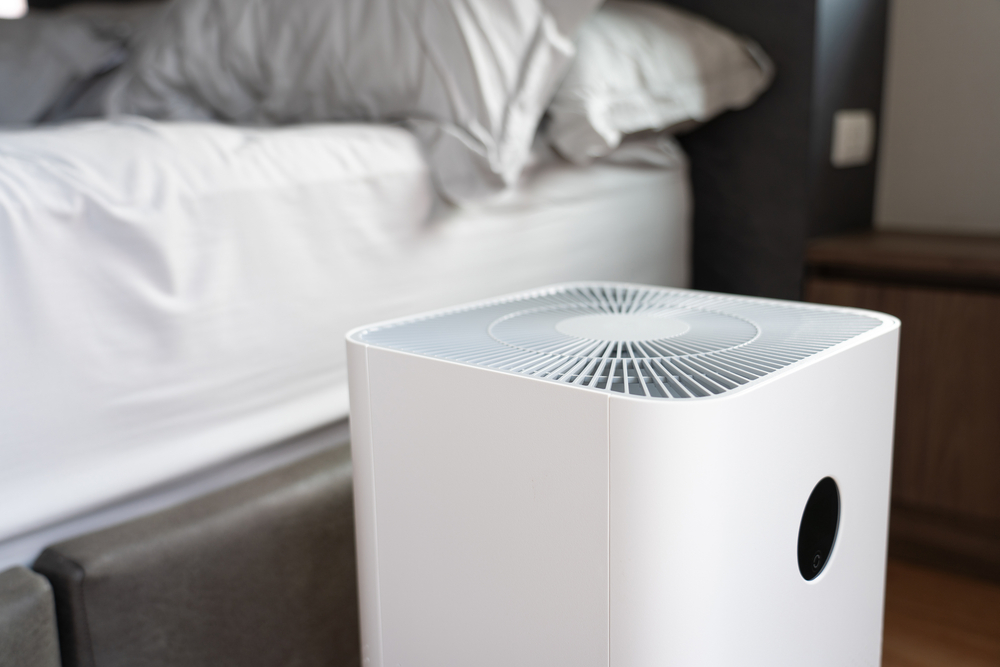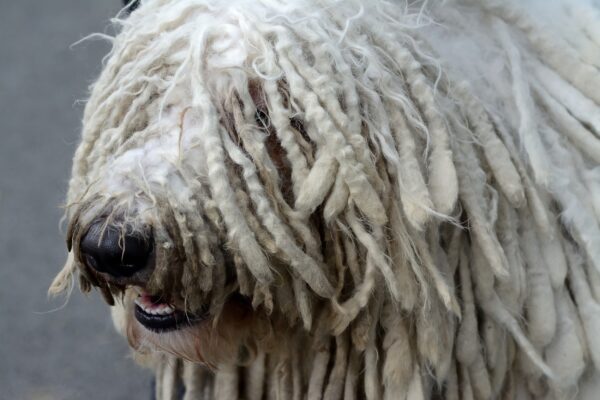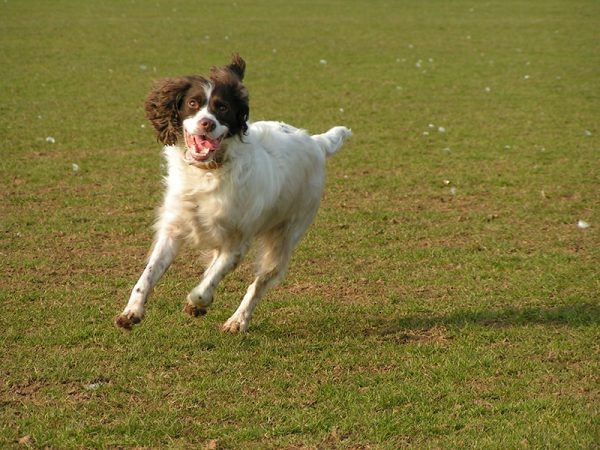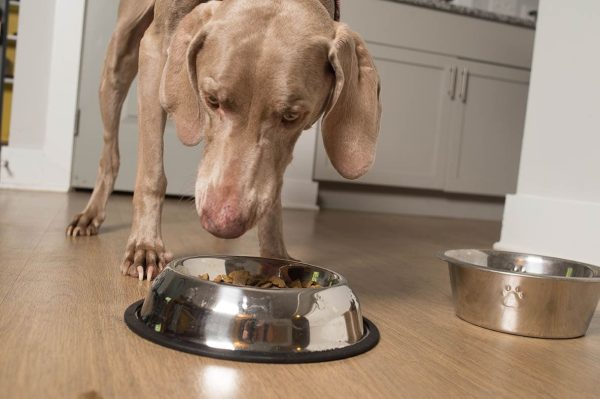When it comes to pet allergies, dog owners are often in search of the “Holy Grail.” Unfortunately, contrary to popular belief, there is no such thing as a truly hypoallergenic dog breed, despite some being popularized as such. However, certain breeds are considered lower-shedding due to their coat type and minimal hair loss, which may provide some relief for allergy sufferers.
Dog allergens are found in dander (dead skin cells that all animals shed, even hairless dogs), as well as in hair, saliva, urine, and sweat. While a low-shedding breed may produce less loose hair, they still generate dander, which can trigger allergy symptoms in susceptible individuals.
Some of the most popular lower-shedding breeds include the Bichon Frise, West Highland White Terrier, Poodle, Portuguese Water Dog, and Schnauzer. Unfortunately, Corgis do not fall into this category—they are neither low-shedding nor hypoallergenic.

Corgis Are Not Hypoallergenic
The Corgis, contrary to popular belief, are not suitable for allergy sufferers. Why? Well, “hypoallergenic” refers to animals that don’t trigger allergies in humans. Just like every other breed of doggo, Corgis produce dander, and they also shed moderately heavily.
And although Corgis come in two varieties—the Cardigan Welsh Corgi and the Pembroke Welsh Corgi—neither of these fluffy butts can be considered hypoallergenic. These puppers will almost certainly trigger allergy symptoms in people who are allergic to canines. This means that if you—or a family member—suffer from pet allergies, you will most likely have a reaction when interacting with a Corgi or having one as a pet.

What Can I Do If I Have a Reaction to My Corgi?
For many Corgi owners, their beloved pup can cause very uncomfortable allergic symptoms. For some, simply being near their pup brings tears to the eyes and wheezing to the lungs. Taking care of a pet with allergies is tricky, and sometimes impossible; however, there are steps you can take to reduce your symptoms while still caring for your beloved companion—provided you work closely with your doctor to manage your allergies effectively.
Grooming
When it comes to grooming your Corgi, there are several strategies that may help reduce the effects of allergies. The first piece of advice is that, if possible, you should get someone else to do this job. If this is not possible, wearing a face mask is a must. Proactively removing hair will help reduce the number of allergens in the environment. Regular brushing and bathing can be a great strategy.

Cleaning and Hygiene
Cleaning and hygiene play key roles in mitigating the amount of hair and dander in the home. Regularly cleaning your home is important for minimizing allergens that come with having a pet like a Corgi. Vacuuming carpets, couches, beds, curtains, and other fabric surfaces regularly can greatly reduce allergens that may cause symptoms.
It is also important to avoid carpeting, if possible, as this material tends to collect more hair and dander than many other floor coverings. Additionally, washing bedding and curtains on a regular basis will help control household allergens produced by your Corgi, such as dander and saliva proteins which often lead to sneezing or watery eyes. Consider washing your Corgi’s bedding regularly with hot water (at least once a week).
Air Filtration
One of the most effective ways to reduce the impact of allergies from your Corgi is by utilizing air filtration systems in your home or office. Air filters work by trapping dander particles and other allergens that may be released into the air when a Corgi sheds its fur. By trapping these particles before they can reach your nose, eyes, or lungs, you will greatly reduce their impacts on any existing allergies you suffer from while being able to enjoy spending time with your beloved Corgi without the worry of sneezing attacks! Many owners find that using HEPA air purifiers in rooms where their pet spends time has a big impact on their quality of life.


Can Dog Allergies Become Life Threatening?
Although extremely rare, it is possible to suffer from anaphylaxis due to pet allergy, and anaphylaxis can become life-threatening. Allergies—whether to dogs or other animals—can trigger asthma, skin rashes, rhinitis, conjunctivitis, and even anaphylaxis. This is a severe—and potentially fatal—allergic reaction caused by the flooding of histamine and other allergic mediators into the body. Untreated, it can cause rapid organ failure and even death. Learn the signs of anaphylactic shock if you or someone you know is allergic to canines. Don’t worry too much; anaphylaxis is an extremely rare possibility in dog allergies. Anaphylaxis symptoms usually include rapid heartbeat, difficulty breathing, dizziness, swelling of the face, fainting, and collapsing. If you notice these symptoms, you should seek immediate medical attention. As rare as this is, it must be taken seriously.

The Worst Dog Breeds for Allergy Sufferers
There are some breeds that, due to being heavy shedders, are more likely to trigger allergy symptoms in individuals with pet allergies. The list of breeds that shed the most includes German Shepherds, Golden Retrievers, Labrador Retrievers, St. Bernards, Siberian Huskies, Great Pyrenees, and Pugs. This makes them less than ideal choices for allergy sufferers. Large dogs can present challenges, as they often have more fur and dander than their smaller counterparts.

Conclusion
In conclusion, the answer to the question of whether Corgis are hypoallergenic is a resounding no. Not only do they shed hair at an above-average rate, but like any other dog, they shed dander, which can cause allergic reactions in some people. While there may be individual cases in which people experience fewer allergic reactions to certain Corgis, this is due to individual variation–some dogs simply produce fewer allergens than others, regardless of their breed.
If you have pet allergies and are considering getting a Corgi, it is important to first visit your doctor. They can help you understand if you have any other allergies, which treatments are available, and what your allergy threshold is. You should follow their advice, as bringing a dog home only to discover it triggers your allergies can lead to an emotional and challenging situation—for both you and the dog. Taking time to assess compatibility beforehand ensures a better experience for everyone involved.
Featured Image Credit: LightFieldStudios, Shutterstock






















